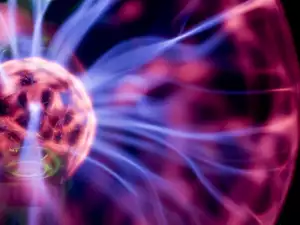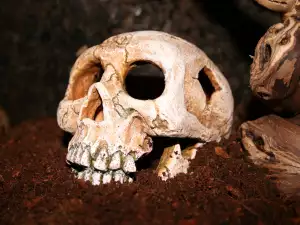Interpreting certain actions is among the most complex problems in modern science. It is curious how some reactions, perfectly natural to all of us, are actually a scientific mystery.
Tears

One of the most curious and at the same time most inexplicable human actions are the tears we cry every time we're sad.
Tears are the result of an emotional reaction, which some scientists believe heals stress. Some studies have also shown that human tears contain bad hormones and proteins.
Hiccups
Hiccuping is an involuntary spasm of the diaphragm which doesn't appear to have any obvious purpose. Some theories purport that hiccups result as an after effect of swallowing.
Sleep
Research shows that every person spends approximately one third of their life sleeping, but no one can explain a person's natural need for sleep.
Some theories state that sleep is a state in which the brain learns and remembers long-term information.

Blushing
A great many people blush when they receive a compliment or meet a new person. That's when the veins on our face dilate and more blood flows into our cheeks.
However, to this day, scientists have still not given an explanation for the purpose of this human action.
Kissing
Kissing is a biological instinct which helps us evaluate our partner. Breath and saliva give off important signals about whether a person is healthy.
Whenever 2 people sense each other's pheromones during kissing, they are subconsciously attracted or repulsed.
Scientists have reached the conclusion that a kiss makes us happier, for it induces the production of oxytocin - the hormone of love and emotional attachment.

Laughter
For psychologists, laughter is a behavioral response which shows positive emotions and brings each member of a group closer.
Besides humans, chimpanzees and orangutans also laugh.
Blinking
A person blinks for 1/10th of a second every 2 to 10 seconds but it is still not explained why we do it.
The human brain has the ability to ignore blinking, so that we don't even realize how often we actually perform this action.










